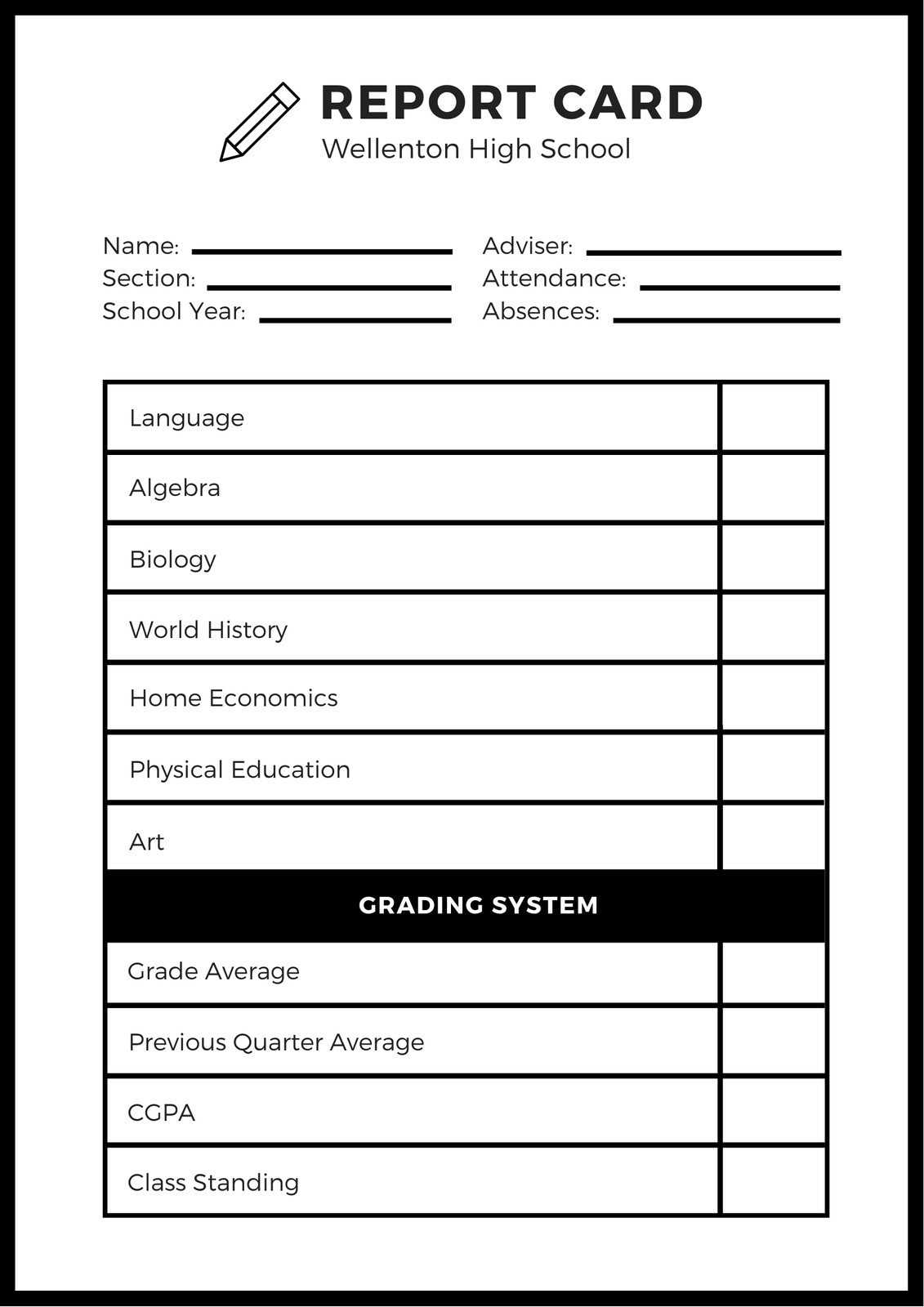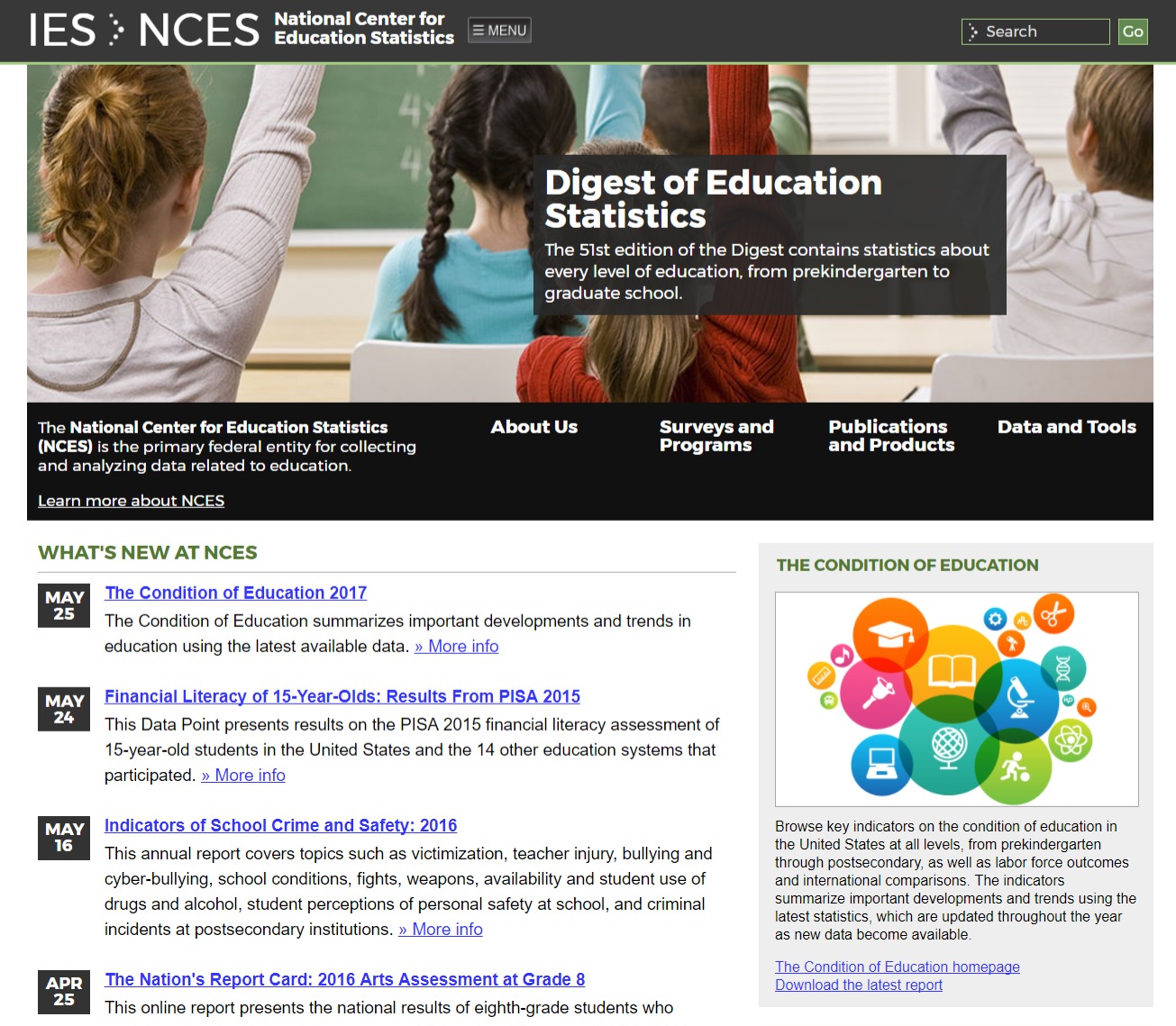Unlocking Equity In Education: NAEP Report Card Reveals Progress And Challenges In Student Achievement
Seeking to unravel complexities surrounding equity in education? Unlocking Equity in Education: NAEP Report Card Unveils Progress and Challenges in Student Achievement.
Editor's Note: Given its critical implications for the future of our education system, this groundbreaking report warrants your attention.
Through meticulous analysis and extensive research, we have compiled this comprehensive guide, empowering you to navigate the nuances of Unlocking Equity in Education: NAEP Report Card with clarity and confidence.
Key Differences:
| Unveiling Progress | Revealing Challenges | |
|---|---|---|
| Reading Proficiency | Modest gains in 4th grade | Significant gaps persist in 8th grade |
| Math Proficiency | Slight decline in 4th grade | Persistent underperformance in 8th grade |
Transitioning to Main Article Topics:
- Progress in Reading and Math Proficiency
- Challenges Persisting in Student Achievement
- Recommendations for Unlocking Equity
- Implications for Policy and Practice
FAQ
This FAQ section provides detailed answers to commonly asked questions regarding the National Assessment of Educational Progress (NAEP) Report Card's findings on equity in education. The report highlights both progress and challenges in student achievement, offering valuable insights into the current state of educational equity in the United States.

Free custom printable high school report card templates Canva Regarding - Source www.rebeccachulew.com
Question 1: What are the key findings of the NAEP Report Card on equity in education?
The NAEP Report Card reveals that while there has been progress in narrowing achievement gaps between different student groups, significant disparities still exist. Specifically, students from disadvantaged backgrounds continue to lag behind their more affluent peers, particularly in areas such as math and reading. The report also highlights the persistent impact of race, ethnicity, and socioeconomic status on student outcomes.
Question 2: What are the primary factors contributing to these achievement gaps?
The report identifies several factors that contribute to the achievement gap, including inequitable access to quality education resources, poverty, and systemic racism. Students from underrepresented groups often face challenges such as underfunded schools, lack of access to high-quality teachers, and limited opportunities for enrichment programs. These factors can have a significant cumulative effect on student outcomes.
Question 3: What specific actions can be taken to address equity in education?
The report emphasizes the need for a comprehensive approach to addressing educational equity. This includes investing in early childhood education, providing targeted support to struggling students, and ensuring that all students have access to high-quality teachers and resources. Systemic changes are also crucial, such as addressing poverty, reforming school funding formulas, and combating racism in education.
Question 4: How can parents and communities support equity in education?
Parents and communities play a vital role in supporting educational equity. They can advocate for policies that promote equity, volunteer in schools, and encourage students to pursue higher education. Additionally, they can raise awareness about the challenges facing underrepresented students and work to create a more inclusive and supportive learning environment for all.
Question 5: What is the significance of the NAEP Report Card in the context of educational equity?
The NAEP Report Card is a valuable tool for assessing the progress and challenges related to educational equity. Its findings provide essential data and insights that can inform policy decisions and guide efforts to improve educational outcomes for all students. The report serves as a reminder of the ongoing need to address disparities in education and to ensure that all students have the opportunity to succeed.
Question 6: What are the implications of the NAEP Report Card findings for the future of education?
The NAEP Report Card's findings have significant implications for the future of education. They underscore the urgent need to prioritize equity and inclusion in education policy and practice. The report challenges educators, policymakers, and society as a whole to work together to create a more just and equitable education system that provides all students with the opportunity to reach their full potential.
In conclusion, the NAEP Report Card on Equity in Education provides valuable insights into the progress and challenges in student achievement. Its findings emphasize the need for continued efforts to address educational disparities and to ensure that all students have access to high-quality educational opportunities.
Transition to the next article section:
Tips:
To reach the ambitious goal of equity in educational attainment, it is important to act on the lessons we have learned from the NAEP Report Card, including the persistent gaps in student achievement. Below are five evidence-based tips for promoting educational equity:
Tip 1: Ensure equitable access to high-quality early childhood education.
Research shows that children who participate in high-quality early childhood education programs are more likely to succeed in school and have better long-term outcomes. However, access to these programs is often unequal, with children from low-income families and children of color being less likely to have access. Investing in expanding access to high-quality early childhood education is essential for promoting equity in educational attainment.
Tip 2: Provide all students with access to high-quality teachers.
Teachers are the most important factor in student learning, and all students deserve to have access to high-quality teachers. However, there are persistent inequities in the distribution of high-quality teachers, with students from low-income families and students of color being more likely to have inexperienced or underprepared teachers. Investing in teacher recruitment, training, and retention is essential for promoting equity in educational attainment.
Tip 3: Create a supportive and inclusive school climate.
A supportive and inclusive school climate is essential for student success. When students feel safe, respected, and supported, they are more likely to learn and succeed. However, many schools, especially those serving low-income students and students of color, do not have a supportive and inclusive school climate. Creating a supportive and inclusive school climate requires a commitment from all stakeholders, including school leaders, teachers, staff, parents, and community members.
Tip 4: Provide all students with access to rigorous and relevant curriculum.
All students deserve to have access to a rigorous and relevant curriculum that prepares them for college, career, and civic life. However, there are persistent inequities in the distribution of rigorous and relevant curriculum, with students from low-income families and students of color being more likely to have access to a less rigorous curriculum. Investing in the development and implementation of a rigorous and relevant curriculum for all students is essential for promoting equity in educational attainment.
Tip 5: Track student progress and intervene early to support struggling students.
It is important to track student progress and intervene early to support struggling students. This means regularly assessing student learning and providing targeted interventions to students who are not meeting expectations. However, many schools, especially those serving low-income students and students of color, do not have the resources to adequately track student progress and provide early intervention services. Investing in data systems and early intervention programs is essential for promoting equity in educational attainment.
By taking action on these five tips, we can help ensure that all students have the opportunity to succeed in school and reach their full potential.
See Unlocking Equity In Education: NAEP Report Card Reveals Progress And Challenges In Student Achievement for more information.
Unlocking Equity In Education: NAEP Report Card Reveals Progress And Challenges In Student Achievement
The National Assessment of Educational Progress (NAEP) Report Card provides valuable insights into the state of education equity in the United States. This comprehensive assessment sheds light on the progress made and the challenges that persist in ensuring equal access to quality education for all students, regardless of background.

About NAEP - Source www.nagb.gov
The NAEP Report Card serves as a wake-up call, urging policymakers, educators, and stakeholders to address these persistent challenges and work towards creating a more equitable education system that provides all students with the tools they need to succeed. By addressing these key aspects, we can break down barriers, unlock potential, and ensure every child has the opportunity to reach their full academic and personal potential.

Unlocking Equity, LLC - Art District Housing Group - Source www.unlockingequity.com
Unlocking Equity In Education: NAEP Report Card Reveals Progress And Challenges In Student Achievement
The National Assessment of Educational Progress (NAEP) Report Card provides a comprehensive analysis of student achievement in the United States. The report card indicates that while there has been progress in closing achievement gaps, significant disparities persist among different student groups. Notably, students from low-income backgrounds continue to lag behind their more affluent peers. This disparity underscores the need to address equity in education and ensure that all students have access to high-quality learning opportunities.

New Report Reveals How North Carolina Retirement Systems’ Private - Source pestakeholder.org
Addressing inequity in education requires a multifaceted approach that encompasses multiple stakeholders. Educators play a pivotal role in creating inclusive learning environments that meet the diverse needs of all students. This includes providing culturally responsive teaching, differentiated instruction, and individualized support. Schools and districts must also prioritize equitable resource allocation, ensuring that all students have access to essential resources such as technology, well-equipped facilities, and qualified teachers.
In addition, policymakers have a vital role in shaping education policy. They can enact legislation that promotes equity, such as funding initiatives that support underperforming schools and providing incentives for teachers to work in underserved communities. They can also advocate for policies that reduce poverty and provide access to healthcare and other essential services, which are crucial for creating a level playing field for all students.
To fully unlock equity in education, collaboration among educators, policymakers, and the community is essential. By working together, we can create a system that ensures that all students, regardless of their background or circumstances, have the opportunity to succeed.
| Issue | Causes | Consequences | Solutions |
|---|---|---|---|
| Achievement Gap | Poverty, lack of access to quality education, discrimination | Lower educational attainment, reduced economic opportunities | Early childhood education, quality teaching, equitable resource allocation |
| Teacher Bias | Implicit biases, lack of cultural competence | Disproportionate discipline, lower expectations | Bias training, culturally responsive teaching practices |
| School Funding Disparities | Property tax disparities, unequal distribution of state funds | Lower teacher salaries, fewer resources | Progressive taxation, increased state funding for low-income districts |
UEFA Champions League: Results And Analysis, Discover The Vibrant Culture And Heritage Of Zulia: Celebrate Dia De La Zulianidad, Damichael Jenkins: Explosive Wide Receiver With A Legendary Impact, Andrea Canning: Unlocking The Secrets Of The 2023 Atlantic Hurricane Season, Marriott And Hilton Team Up To Revolutionize Guest Experience With AI-Powered Amenities, Unlock The Potential: The Latest AI Advancements For Enhanced Efficiency And Innovation, Immerse Yourself In The Enchanting Realm: Arcadia's Epic Cinematic Odyssey, Michael Whatley: Renowned Entrepreneur And Visionary Leader In The Tech Industry, Meet The Talented Cast Bringing NCIS: Origins To Life, Lee Zeldin: Champion Of Conservative Values And Fighter For New York,